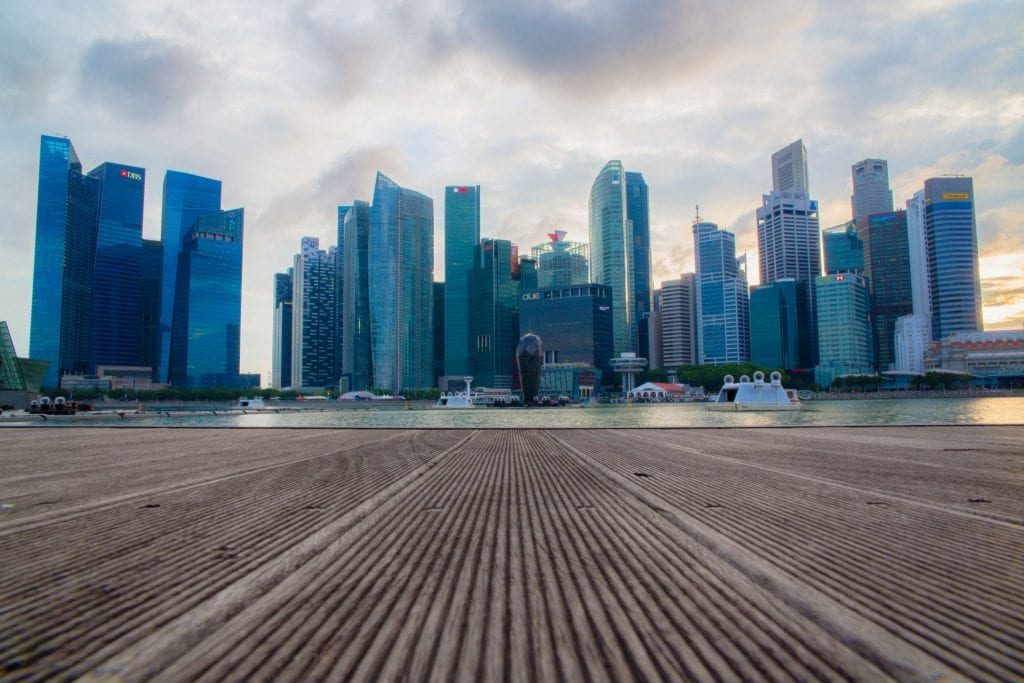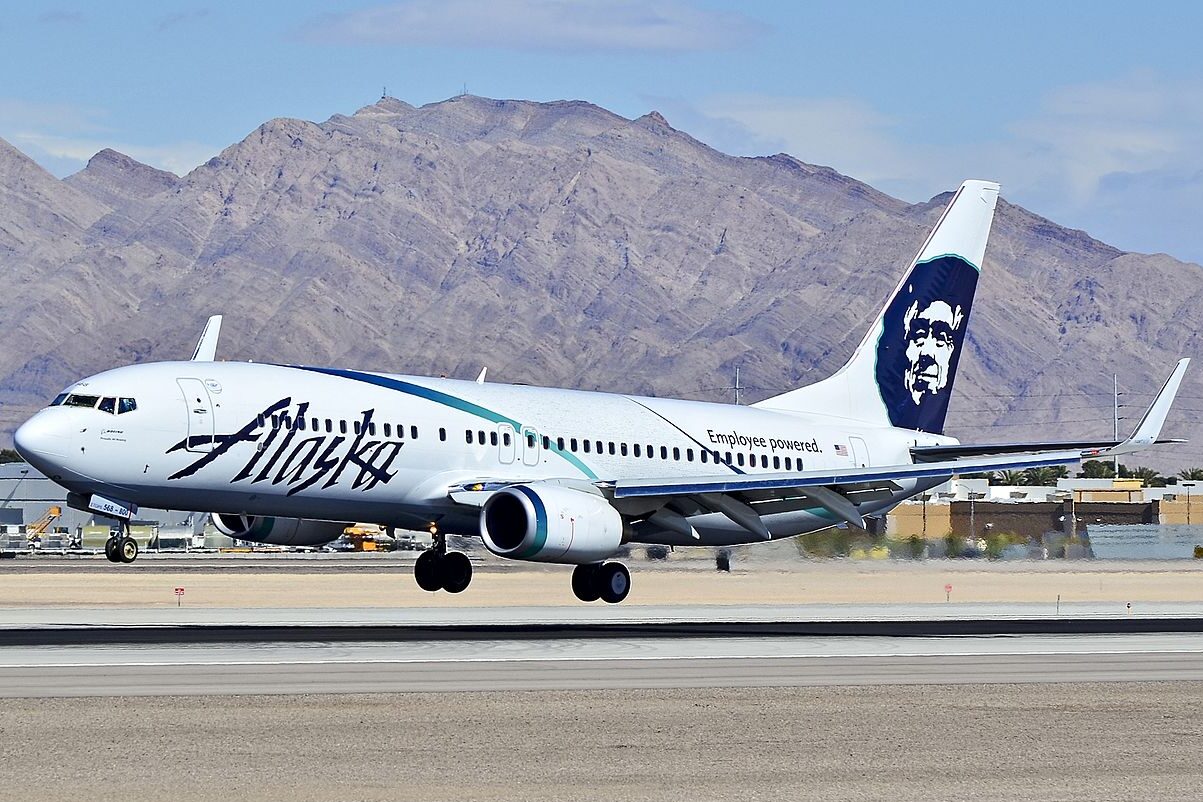Singapore Slashes Visitor Arrival Estimates by a Third for 2020 as Coronavirus Tests Its Mettle

Skift Take
Singapore's tourism arrivals and receipts will “take a significant hit” as result of the novel coronavirus, with visitor arrivals this year expected to dip about 25 to 30 percent, according to the latest estimates released Tuesday from the Singapore Tourism Board.
This was a hard estimate to put out. Consistently ranked among Asia’s top regarded tourism and business destinations, Singapore attracts multinational meetings and events from across the globe as organizers and planners favor the city’s travel connectivity, top-notch infrastructure and stellar array of attractions.
The coronavirus outbreak puts Singapore’s hub status into question, as coronaviruses infections mount in the city and a cluster of local and overseas coronavirus cases have been traced to a multinational business meeting involving more than 100 local and overseas participants at Grand Hyatt Singapore three weeks ago.
Even though the Singapore government was swift to implement travel restrictions on arrivals from mainland China to stem the spread of the virus, the country now has 45 confirmed cases of coronavirus infection, the highest outside of China, excluding a quarantined cruise ship in Japan.
Shaken, Not Stirred
Singapore on Feb. 7 stepped up its Disease Outbreak Response System Condition (DORSCON) level from yellow to orange, same level as during the deadly 2003 SARS outbreak, as more coronavirus cases surfaced in the city-state with no known links to previous cases or travel history to China.
With the risk assessment level upgraded to orange, the Singapore Ministry of Health is recommending event organizers to cancel or defer non-essential large-scale events and to take necessary precautions including carrying out temperature screening, looking out for respiratory systems such cough or runny nose, and denying entry to unwell individuals.
Reaction too has been swift to Singapore’s elevated pandemic alert status, with the country now finding itself at the receiving end of travel bans as Qatar, Kuwait, Israel, and Korea have urged their citizens to defer traveling to the city-state unless necessary.
Virus jitters have also hit the biennial Singapore Airshow, with more than 70 exhibitors including US aerospace giant Lockheed Martin and Canadian planemaker Bombardier pulling out from Asia’s biggest aviation event taking place this week.
Singapore’s elevated risk alert is compounding the woes of Singapore’s already hard-hit tourism sector when the virus outbreak struck during the Lunar New Year period. “Chinese New Year is a peak period for hotels. The coronavirus outbreak has affected our hotels and resulted in some cancellations of events. Some guests have also chosen to cancel their travel plans and their room bookings,” said Kieran Twomey, group chief operating officer of Millennium Hotels and Resorts.
As coronavirus continues to make headlines worldwide and the Singapore conference link received wider coverage, overseas tour operators are observing a heightened wariness among travelers toward visiting China, and Asia as a whole.
“The entire area will suffer short-term negative reaction. Our clients who have booked to travel [to Southeast Asia] in the next two months seem happy to continue [with their plans], but we are having to field constant calls for realistic reassurance. New bookings continue at a pleasing level but these are all for May departures onwards, not for the immediate period,” said David Kevan, partner at UK-based luxury tour operator Chic Locations.
Greg Yap, CEO of TAB, a Singapore-based online booking platform for group event experiences, is bracing for further impacts on the events and meetings sector as it is “inevitable for businesses to be fixated on the rise in case numbers and re-evaluate business travel plans and events here”.
Addressing the Virus Fallout
Despite calling the coronavirus outbreak “the biggest challenge” for the tourism sector since the severe acute respiratory syndrome (SARS) epidemic in 2003, Singapore's forward-thinking government is already making plans for recovery and future growth, even if the latest crisis has yet to bottom out.
Earlier this month, the Singapore Tourism Board announced initial relief measures aimed to reduce the burden on tourism businesses, including waiving license fees for hotels, travel agents, and tourist guides, and defraying cleaning costs for hotels with suspected and confirmed cases of novel coronavirus.
To further lend a helping hand to the tourism industry, the board has just announced the formation of a public-private sector Tourism Recovery Action Task Force to lay out the plans for recovery and future growth, with more details to be released at a later date. Broader support measures are expected to be unveiled during the Singapore Budget on Feb. 18.
Meanwhile, retaining Singapore’s brand equity remains a paramount concern for the country’s crisis management efforts, according to Singapore Tourism Board’s chief executive Keith Tan. “It is more important than ever to invest in tourism to support our businesses, build confidence in tourism, and boost our destination attractiveness – so that when things start to improve, Singapore can ride on the recovery for strong growth,” Tan said in a media statement.
“Beyond the hard numbers, we have to remember that one of our strongest assets is Singapore’s brand and global reputation. Since the start of the crisis, we have implemented swift and progressive measures to fight the spread of the virus. Our network of international offices has also been in regular contact with our partners, to give them accurate and up-to-date information about the situation in Singapore,” Tan added in an email reply to Skift.
Industry players, too, stand by the belief that the Singapore government’s robust crisis management system will reinforce the city’s reputation as a safe and favored travel destination.
“The marketing of Singapore has always been challenged because we are criticized for being too clean. ‘Clean and green are simply hygiene factors, not selling points for a destination,’ or so [the critics] said,” Arthur Kiong, CEO of Far East Hospitality, remarked. “Perhaps that will change after this crisis.”
But Singapore’s “clean, green, and safe” image also comes across as reassuring and proactive during a public health emergency like this, Chic Locations’ Kevan stated. “Frankly the virus is now so widespread that it is universal, but I would rather be in Singapore than many other places,” he opined.
Looks like staying clean is the best vaccine for Singapore tourism to ride out this crisis.




